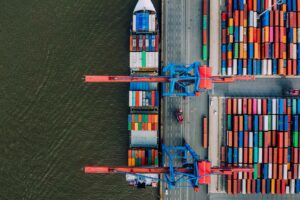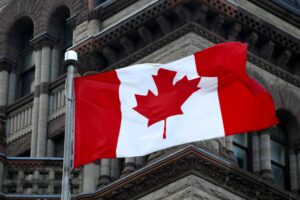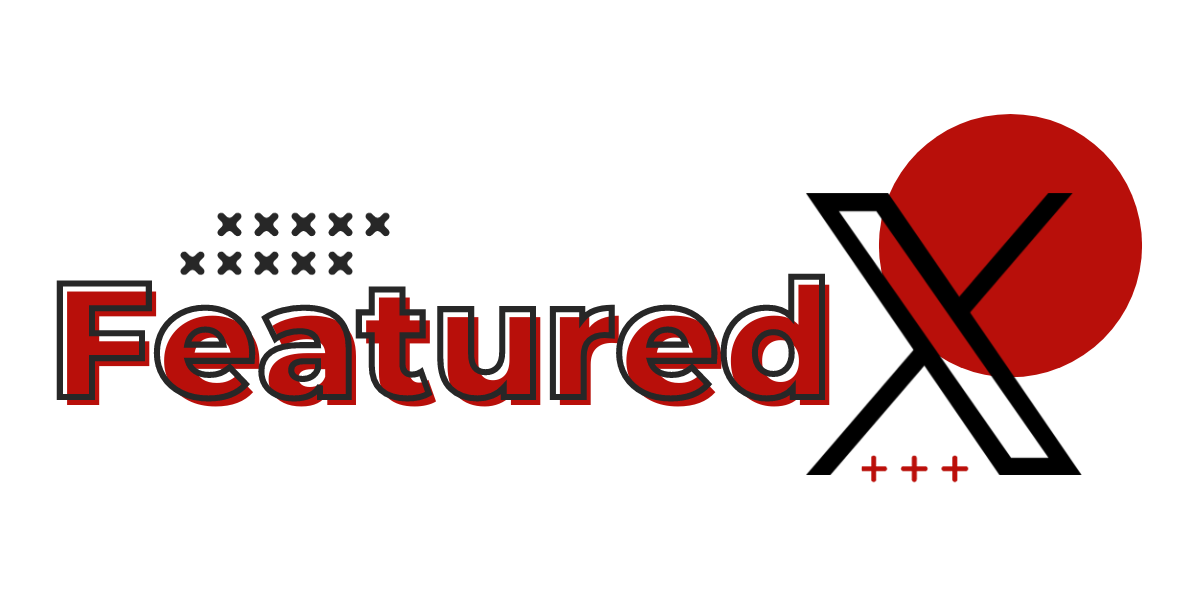DATA POINTS
- 3 – The number of genetically modified dire wolves created by Colossal Biosciences to bring them out of extinction
- 8 – The number of food dyes being phased out of the American food supply by Robert F. Kennedy Jr.
- 12 years – The length of Pope Francis’ papacy
- 55 – The number of years Earth Day has been celebrated, originating in 1970 and evolving into the largest secular observance in the world
- 71% – The percentage Tesla’s net income fell in Q1
- 30,000+ – The number of people who ran the Boston Marathon this week
Papal Energy
St. Peter’s Basilica and Catholics globally mourned as Pope Francis died on Easter Monday at the age of 88. He was a pope of many firsts, being the first Latin American and Jesuit to serve in the Church’s highest role. He also brought new issues to the forefront of the faith, notably, his effort to bring consensus on climate change.
This legacy began with an 184-page encyclical (a formal teaching document) about humanity’s moral duty to care for our planet. He hosted environmental summits, global policymakers, and even oil executives to foster a religious push for environmental stewardship. He famously quipped to oil leaders, “Civilization requires energy, but energy use must not destroy civilization.”
He leaves behind a legacy of encouraging countries to pursue climate action because they are morally bound to do so. Will his successor continue the legacy? That will largely depend on the outcomes of the upcoming Vatican Conclave, a locked-door election comprised of Cardinals.
Read More at the Washington Post
Letting Children Solve Their Own Problems
Helicopter parents, your blades are getting old. There is a revitalization of “free-range parenting,” meaning that children are entrusted to make their own decisions, protect themselves, and resolve their own mishaps. Free-range parenting encourages free play, increased independence, and limited parental intervention. Without constantly being told what to do by parents, the idea is that children are more likely to encounter problems that they must solve, fostering resilience, resourcefulness, and critical thinking. Less bubble wrap and more, “figure it out, kiddo.”
Experts believe that overprotection can create vulnerable children who never learn to react to adverse situations in adulthood. Of course, if you live in states like Illinois and Oregon, you may face legal trouble if a child under 14 is left to their own devices.
Opponents claim there is an increased danger and risk of injury if children are given too much freedom. They also claim hands-off parenting may result in children being neglected if improperly unsupervised.
Expert Jonathan Haidt compares kids to immune systems – they are antifragile and meant to learn from experience and challenges. If children are not exposed to problems in adolescence, they may not know how to address them in adulthood.
Small Links in the Supply Chain
Tariff battles can impact countries’ largest industries – what about the niche ones? Fake eyelashes made in China and shipped through Mexico are sitting idly south of the U.S. border. Waterproof keyboard makers are eyeing moving their manufacturing plants from China to either the U.S. or (more likely) to countries like Malaysia. Basic Fun is sitting on two months’ inventory of Lincoln Logs and Care Bears ready to be shipped to the U.S. Shipping companies are asking importers for full payment up-front rather than a usual deposit to ensure companies don’t try and skirt their operations. While manufacturers, logistics companies, buyers, and consumers are waiting for news on imports, the supply chain is turning itself into supply pain.
Read More at the Wall Street Journal
A Post-Truth World
Americans are giving the cold shoulder and no longer trusting the sources where they have historically received factual information. Professional fact-checkers had their moment in the sun during the first Trump Administration, but they have since fallen victim to claims of politicization. Not only do people trust them less, but Americans care less about policing information in the first place. The mainstream media rarely covers the terms “misinformation” or “disinformation” anymore, as claims often fall victim to fact-checking bias claims. Institutions regularly entrusted to be trusted with facts, like public schools and mainstream media, are facing all-time low levels of belief.
The shift is top-down as much as it is bottom-up. The State Department’s Counter Foreign Information Manipulation and Interference has been axed, and the National Science Foundation canceled research grants regarding misinformation. Democrats, who made fact-fighting a policy platform several years ago, are focusing on other issues. 58% of Democrats support government restrictions on false information on the internet, down from 70% two years ago.
With the surging prevalence of AI on the internet, this issue may become worse before it gets better.
Election Night: Canada
In the land of maple syrup and polite politics, things are heating up. Acting Canadian Prime Minister Mark Carney, who took over when Justin Trudeau resigned, will face off against the Conservative Party’s Pierre Poilievre to determine who will lead the country amid shaky relations with the United States. Canadian voters won’t have a direct say; rather, they vote for legislators for the respective district. Whichever party wins the most seats will be able to form their government, and its leader will become the new prime minister.
When Trudeau handed over the reins, Poilievre looked like the clear favorite. Now, President Trump’s steep tariffs on Canada have changed the race and given left-leaning Carney a big bump. Canadians are already reeling from a high cost of living (a deciding factor for Trudeau’s resignation), so tariffs on their oil, steel, auto, pharmaceutical, and lumber industries will likely only add fuel to the fire.
More than 7 million votes have already been cast. The party forms a new government on April 28 and will need to prepare themselves to stare down the Trump Administration’s economic pressure and bring down the cost of Canadian living.
See you next week!
Be sure to follow us on Facebook, Twitter, and LinkedIn for more news and industry updates. To receive a copy of The Weekender in your inbox, sign up here.










